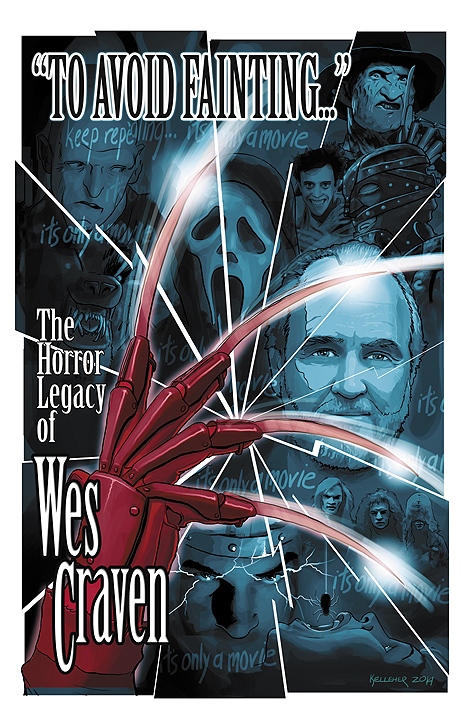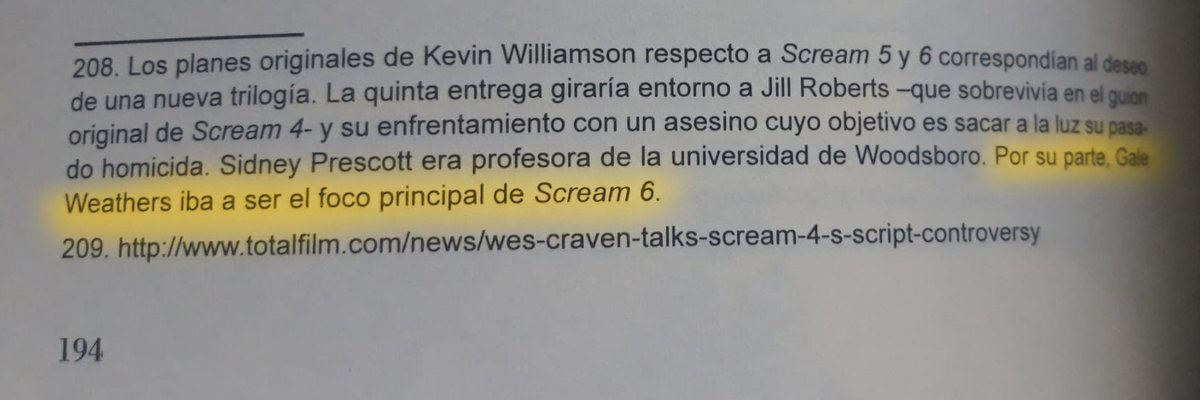
The Last House on the Left (1972) now plays like a founding document in the “savage cinema” modality of the 1970s, willing as it is to showcase a world in which no one is safe and in which the innocent can turn on their oppressors with equal ferocity. Anyone familiar with Craven is already familiar with the controversies. In Wooley’s account, Craven usually emerges as the reasonable artist, while the public and the critical establishment remain a few steps behind. This sets the tone for the conflicts in the rest of his creative career, where Craven-a reasonable, soft-spoken man equally attuned to the religious right as to the counterculture-tests the limits of an idea, while philistine critics who do not share his sensibility balk at his attempts.

The general story of Craven’s entry to the film industry is something like this: raised primarily by a devoutly religious mother in the Cleveland area, he lead a very ordered and strict life until he reached Wheaton College, where he shrugged off some of the cultural shackles and began to watch movies in greater earnest, as well as caused enough scandal to get the literary magazine Kodon shut down under his editorship (22-23). The narrative that Craven tells about his own work-collected by Wooley through the diligent sleuthing of interviews and press clippings-is of constant disappointment over the critical discourse around horror cinema, especially the mass media accusations around moral bankruptcy ( The Last House on the Left, 1972) and his having to answer for copycat murders ( Scream, 1996).


But as John Wooley’s readable biography of the man points out, he has consistently resisted his association with the horror film genre, the fan frenzied place that has proven flexible enough to accommodate the pop surrealism of A Nightmare on Elm Street (1984), the zealotry of Deadly Blessing (1981) and The People Under the Stairs (1991), and the streamlined awareness of the Scream franchise. Wes Craven: The Man and His Nightmares by John Wooley Wiley: Hoboken, NJ: 2011 Wes Craven has had a long and productive career, spanning over 40 years of near-constant film and television work, as well as forays into acting and prose writing.


 0 kommentar(er)
0 kommentar(er)
